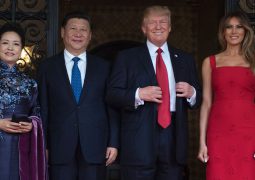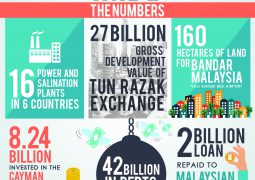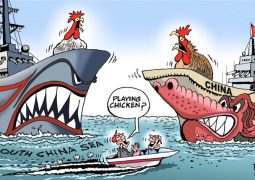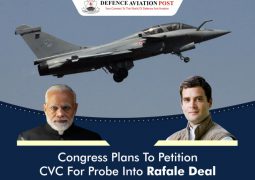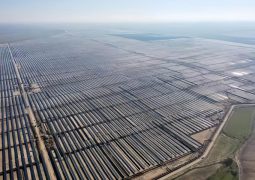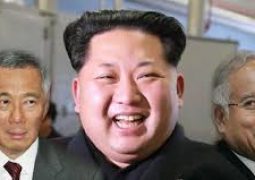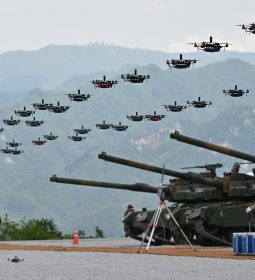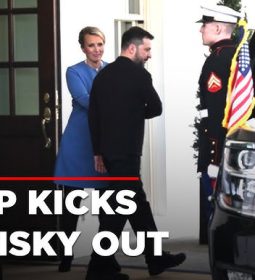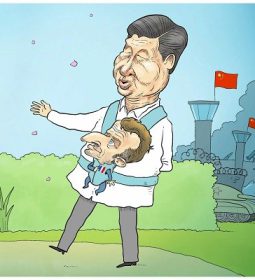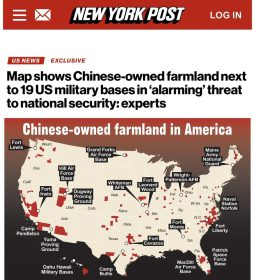Russia adds another twist to battle for northern Syria
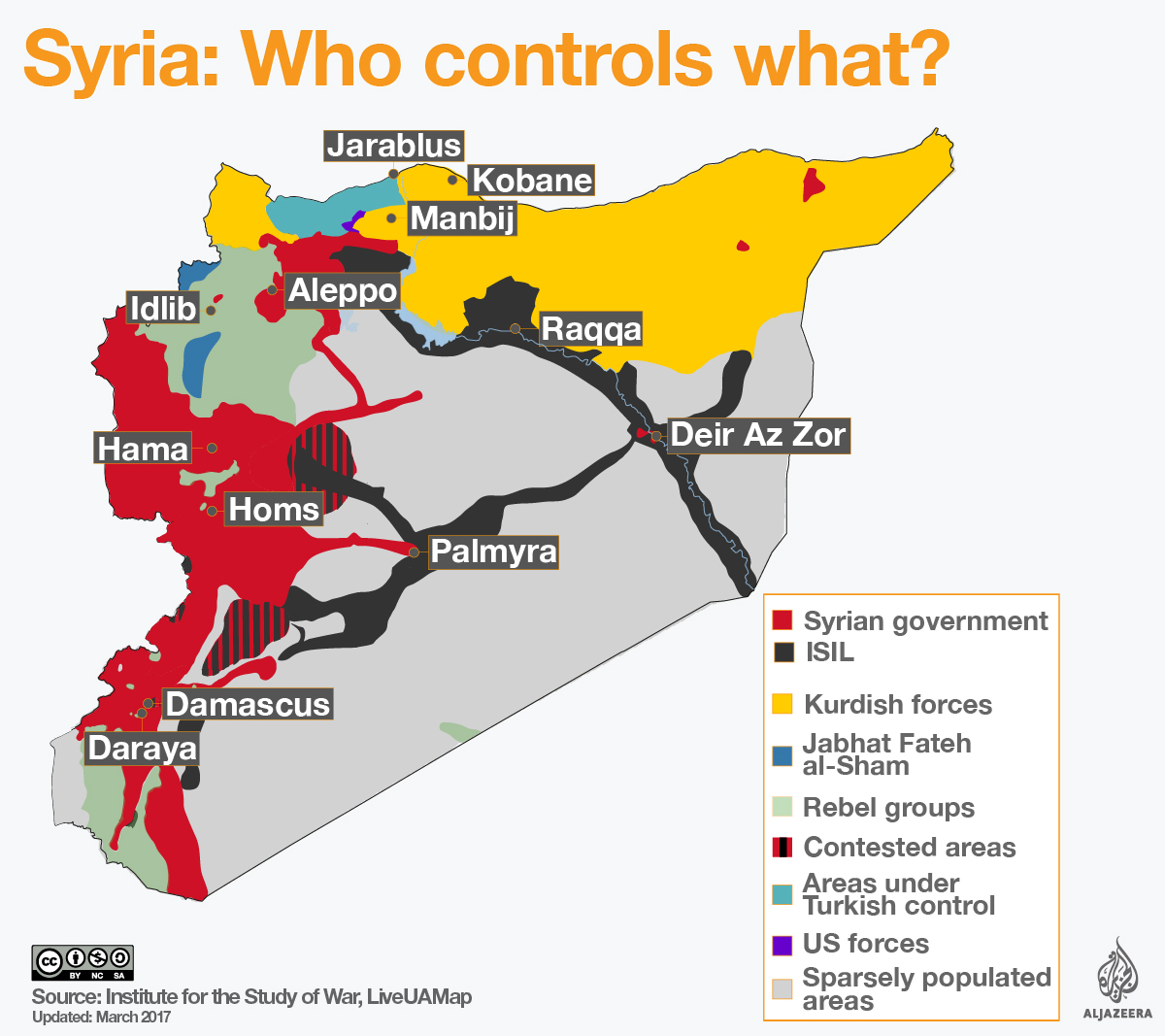
BEIRUT // The battlefield in northern Syria becomes more complicated with each passing week. Government forces, rebels, Russians, Americans, Turks and Kurds – all have their sights on ISIL’s self-declared capital of Raqqa in an ever more tangled web of overlapping alliances and enmities.
The latest twist came on Monday when it was announced that Russian forces – who arrived in Syria in 2015 to aid the government of president Bashar Al Assad – would train members of the Kurdish YPG militia, a key ally of the US.
Moscow has established itself as a dominant player in the war, able to back even the enemies of its allies while shaping the conflict to suit its own goals.
Since joining the conflict in late 2015, Russia’s relations with Turkey – an enemy of the Assad regime from the early days of the war – have gone from hostile to brothers-in-arms carrying out joint air strikes against ISIL in Syria this year. An apparent tacit agreement with Russia allowed Turkey to invade northern Syria along with its rebel proxies without fear of having to fight against Syrian government forces.
Damascus initially welcomed Russian forces into the country to help them crush the rebels, but is now watching as Moscow pursues other aims that are not necessarily in line with the Syrian government’s objectives. While Mr Al Assad continues to demand total victory over all of Syria, the YPG, which has avoided direct conflict with the Syrian government where possible, is seeking autonomy and perhaps even independence for Kurdish areas when the conflict is over.
So Russia is helping to strengthen a group whose vision of post-war Syria is nothing like the one Mr Al Assad wants and against which Turkey is actively fighting.
Ankara, which considers the YPG to be part of the Kurdistan Workers’ Party, a Kurdish separatist group that is at war with the Turkish government, was predictably angry at this development. Deputy prime minister Numan Kurtulmus declared Turkey would not accept a “region of terror” to be established in Syria. Turkey has vowed to prevent any YPG state from taking hold along its border, but confronting the group could become increasingly difficult as its clout and combat capability increase with foreign help.
The Russian move could also reflect an attempt to compete with US influence over the YPG as the battle for Raqqa looms.
The YPG has been the key US ally in Syria and host to US troops who support its fight against ISIL. The US has bolstered its military presence in northern Syria lately, deploying more than 400 Marines and Army Rangers to YPG territory earlier this month to supplement about 500 special forces troops already there. And the US is said to have drawn up plans to deploy 1,000 more troops to the area in coming weeks.
What started as a nearly invisible special forces mission is morphing into a distinctive, more long-term footprint in Syria – one that entrenches US interests in the country and raises the risks of mission creep and an open-ended deployment.
For Russia, which made Syria the foundation for the rebuilding of Russian power in the Middle East, the growing US presence is emerging as a threat to those ambitions. Russia moved on Syria at a time when the US appeared to be retreating from the region, only for the Americans to dig in instead.
The US president Donald Trump has previously said he was open to military cooperation with Moscow against ISIL in Syria, but there have been no clear signs of progress in that direction and now Russia’s courting of the YPG appears to have caught US officials off guard.
For the YPG, flirting with Moscow and accepting training – and whatever other aid or materiel is offered – could be an attempt to grab Washington’s attention and get increased support for Syria’s Kurds.
While the YPG has been the most trusted and useful US ally on the ground in Syria, Washington has found itself caught between its friendships with the Kurdish fighters and Nato ally Turkey. For America, involvement in Syria has meant a balancing act, recognising that to defeat ISIL, it needs both access to Turkey’s Incirlik airbase and the Kurds as a friendly force on the ground. Each side wants the US to distance itself from the other and exclude them from plans to retake Raqqa.
The new US administration’s priorities in Syria — apart from getting rid of ISIL — remain unclear. By cosying up to Russian forces, the YPG may hope to lure the US into competition with Moscow and, ultimately, a firmer commitment to Kurdish forces and their goal of autonomy in post-war Syria.
- Previous New Saudi policy ‘to tighten rules on foreign workers’
- Next Tillerson’s North Korea comments cause unease in East Asia



